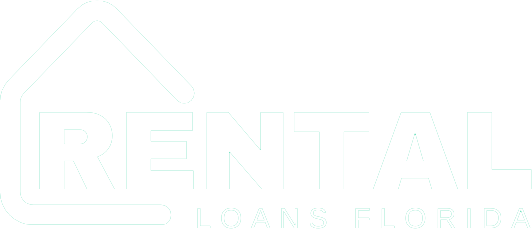If you’re planning to buy a home or invest in property, understanding real estate loans Florida is essential. Florida’s vibrant housing market attracts buyers from all walks of life—first-time homeowners, seasoned investors, retirees, and even international purchasers. With the right information, securing a loan doesn’t have to be overwhelming.
In this guide, we break down the essentials of real estate loans Florida—from available loan types and eligibility criteria to how to navigate the approval process smoothly.
Why Choose Florida for Real Estate Investments?
Florida’s year-round sunshine, economic growth, and attractive lifestyle make it one of the most popular states for real estate purchases. Whether you’re eyeing a coastal property, a suburban home, or a rental unit in a growing city, the demand in Florida remains strong. This has led to a wide variety of real estate loans Florida tailored to different buyer needs.
Types of Real Estate Loans Available in Florida
When applying for real estate loans Florida, choosing the right loan type is the first step:
1. Conventional Loans
These loans are offered by private lenders and typically have flexible terms based on your credit history and income stability.
2. Government-Backed Loans
These include options that are designed to support homeownership for buyers who may not qualify for conventional loans. They often come with more lenient credit and income guidelines.
3. Investor and Commercial Loans
If you’re buying rental units, vacation properties, or commercial real estate, there are specialized loans tailored for these purposes. These often focus more on property potential than personal income.
4. Portfolio Loans
Some local Florida banks and credit unions offer portfolio loans, which are kept in-house and don’t follow national lending guidelines. These can offer greater flexibility.
What You’ll Need to Apply
Lenders generally evaluate a few key factors when reviewing applications for real estate loans Florida:
- Credit history: Lenders look for a consistent record of responsible borrowing.
- Employment and income stability: Proof of income helps demonstrate your ability to repay the loan.
- Debt-to-income ratio: This measures how much of your income goes toward debt payments.
- Down payment: While the required amount may vary, a down payment demonstrates commitment and reduces lender risk.
- Property appraisal: Lenders will assess the property’s value to ensure it aligns with the loan terms.
Real Estate Loans for Investors
Florida is a prime location for property investment. Whether you’re flipping homes, building a short-term rental portfolio, or adding a multi-unit building to your assets, there are several loan options designed for investors.
These loans often take into account projected rental income, property condition, and long-term plans. In some cases, lenders may be more interested in the value of the property itself than your personal financial situation.
Tips for Securing Approval
Navigating the loan process in Florida doesn’t have to be stressful. Follow these best practices to improve your chances of getting approved:
- Review your credit report and resolve any issues ahead of time.
- Organize your documents, including tax returns, proof of income, and identification.
- Work with a local mortgage broker or lender who understands the Florida market.
- Get pre-qualified or pre-approved before you start house hunting.
- Choose a loan that fits your long-term goals, not just your current financial situation.
Florida-Specific Considerations
Buying property in Florida comes with some unique considerations. Properties near the coast may have additional requirements related to weather risks or insurance. Local lenders are familiar with these nuances and can guide you through any additional steps.
There are also various homebuyer assistance programs available in Florida. Depending on your situation, you may qualify for special incentives or support. These are often offered through state and regional housing agencies, especially for first-time buyers or those purchasing in targeted areas.
Why Work with Florida-Based Professionals?
Real estate laws, taxes, and insurance requirements can vary widely by state. By working with real estate agents, loan officers, and mortgage brokers who specialize in Florida, you’ll benefit from their local expertise and up-to-date knowledge.
These professionals can also connect you to lenders who offer real estate loans Florida with terms best suited to your property type and financial situation.
Final Thoughts
The path to owning property in Florida begins with understanding your financing options. Whether you’re buying a primary residence or an investment property, learning the ins and outs of real estate loans Florida can save you time, money, and stress in the long run.
By researching your options, preparing your finances, and working with experienced professionals, you’ll be well on your way to securing the loan that fits your real estate goals.

